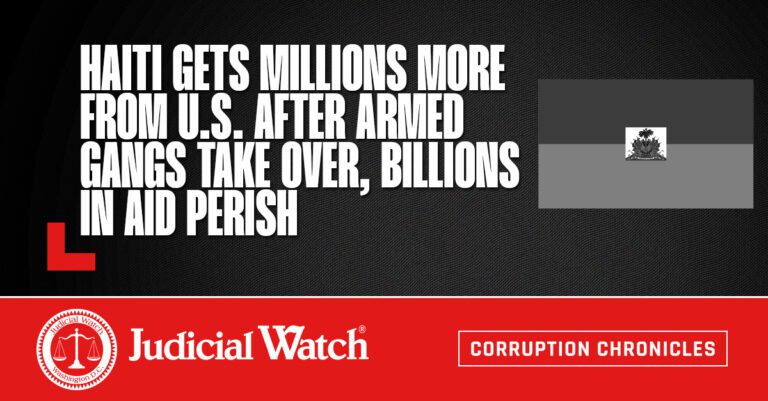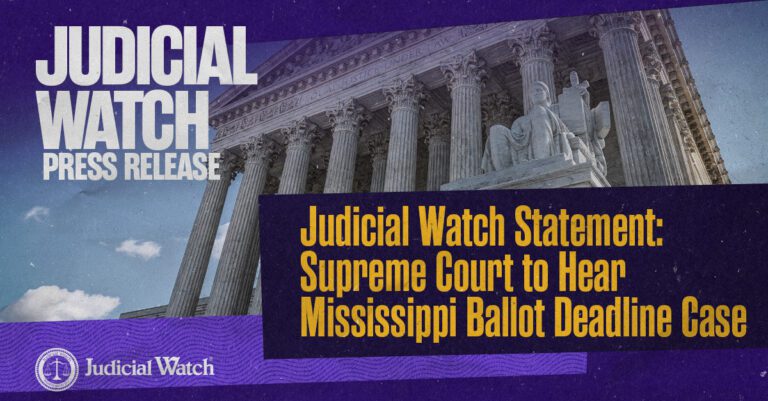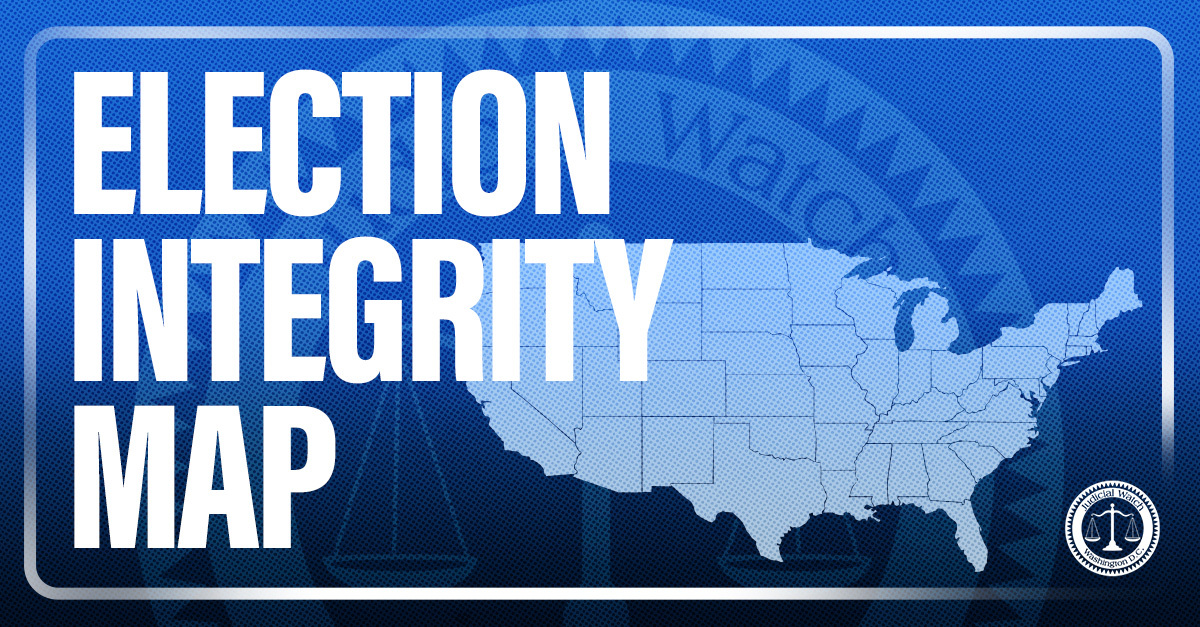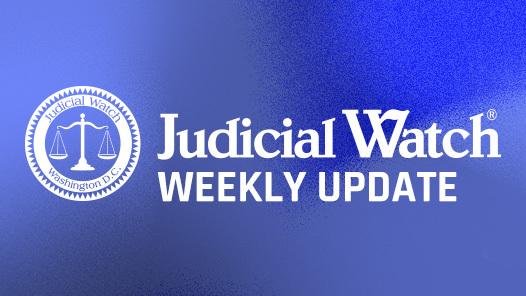
Haiti Gets Millions More from U.S. after Armed Gangs Take Over, Billions in Aid Perish

Rife with fraud and corruption, the U.S. government’s multi-billion-dollar Haiti aid program has failed miserably to help citizens of the impoverished island, yet the Biden administration is sending more money as violence and lawlessness grip the country. Armed gangs have overrun most of the capital of Port-au-Prince and political instability has plateaued, but the American taxpayer dollars keep flowing with no oversight though billions in assistance have vanished since an earthquake struck Haiti nearly a decade and a half ago.
This week Secretary of State Antony Blinken announced that the U.S. is sending another $33 million in humanitarian assistance to the Caribbean nation to provide in-kind food assistance, nutrition support, essential health services, improved access to clean water, and prevention and response to gender-based violence, among other critical humanitarian activities. “Since February 29, organized criminal groups have escalated violence, exacerbating the humanitarian situation for Haitians,” says the government press release announcing the recent allocation. “Displaced people are struggling to access food, health care, water, hygiene facilities, and psychological support, further compounding their already dire needs.” The document reveals that the U.S. remains the single largest donor of humanitarian assistance to Haiti, providing tens of millions of dollars in assistance in the last year alone. “The United States will continue to stand with Haitians during this challenging time, working to save lives and alleviate suffering caused by the humanitarian crisis,” the government writes.
Since the 2010 earthquake Uncle Sam alone has provided Haiti with over $5.6 billion to help the nation bounce back but 14 years later the situation is more dire for the island’s 12 million residents and no one really knows what happened to the money. The funds were supposed to provide Haiti with “life-saving post-disaster relief as well as longer-term recovery, reconstruction, and development programs,” according to the State Department, which confirms that after another earthquake in 2021 the U.S. “again mobilized a whole-of-government effort to provide immediate assistance at the Haitian government’s request.” Haiti’s reconstruction and development will continue for many years, the State Department predicts, adding that in the last few years alone it has doled out hundreds of millions of dollars in humanitarian and health assistance for Haiti.
Even before the natural disasters the U.S.—under both Democratic and Republican administrations—has dedicated enormous amounts of money to help Haiti despite systemic lapses in the programs it funds. For instance, a costly initiative a to build housing failed miserably after the U.S. spent $90 million and tens of thousands of Haitians remain homeless a decade later. The Clinton Foundation and Clinton Bush Haiti Fund also came up with some $88 million for earthquake recovery but Haiti remains a disaster, the poorest country in the western hemisphere. Even before the tremor a federal audit revealed that hundreds of millions of American taxpayer dollars were wasted on reckless Haitian projects with the single largest chunk—$170.3 million—going to a failed port and power plant adventure heavily promoted by Bill and Hillary Clinton. The Clinton-backed power and port venture is the biggest and most expensive failure mentioned in the probe, which was ordered by a Florida congresswoman who at the time confirmed a “troubling lack of progress and accountability” in Haiti reconstruction projects. All these years later many Haitians still live in deplorable, shanty town tent cities and a never-ending epidemic of cholera keeps claiming lives. Nearly half of the Haitian population does not have enough food, according to the United Nations.
At the beginning of last year the Biden administration awarded Haiti another $56.5 million in humanitarian aid, explaining that it was “for the people of Haiti in response to the country’s humanitarian crisis and cholera epidemic.” A few months later the administration sent another $54 million under the auspice of Caribbean climate funding. The government claimed the money would counter the island’s ongoing “humanitarian crisis,” including gang violence on civilians that has prevented Haitians from accessing critical food, safe drinking water and other basic supplies. The recent turmoil should make it even tougher for aid to reach the Haitian people, though the U.S. is not addressing that in its latest allocation. It is unknown where exactly the money will go and how it will be spent since the administration only mentions that the funds “will support the World Food Program (WFP), UNICEF, and NGO partners.”

















